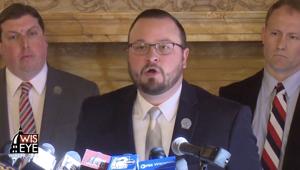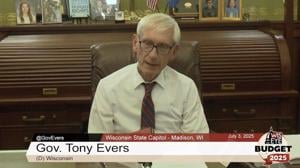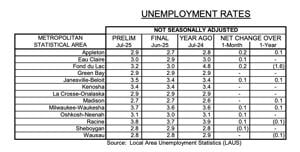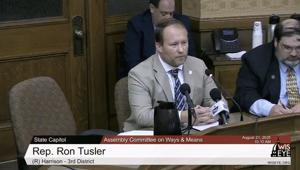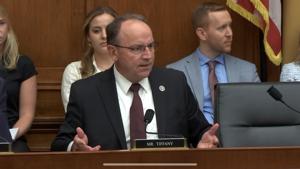(The Center Square) – A new lawsuit is fighting against a Wisconsin law that prevents the Public Service Commission from considering air pollution when approving power plants.
Midwest Environmental Advocates and Our Children’s Trust filed the lawsuit on behalf of 15 Wisconsin minors, who claim the dangers of fossil fuel power generation is endangering their health, threatening their homes and their futures while endangering their life and liberty.
“These laws force Wisconsin’s energy regulators to ignore the biggest crisis of our time,” said Nate Bellinger, Supervising Senior Staff Attorney at Our Children’s Trust and lead counsel for the plaintiffs. “Because of these unconstitutional laws, the Public Service Commission continues approving new fossil fuel-fired power plants while turning a blind eye towards Wisconsin’s smoke-filled skies, rising temperatures overflowing rivers, and harms to children’s physical and mental health.”
The lawsuit comes as Wisconsin faces a future with rising energy costs and more energy needs. A large factor in those energy needs is five large data center projects in the works.
A data center in Port Washington is set to use as much energy as the entire city of Los Angeles.
The lawsuit, meanwhile, connects the use of fossil fuel to, “mental health trauma” due to climate anxiety and lost access to lakes and rivers due to potential pollution.
“The bluffs on the Mississippi River in Wisconsin brought my ancestors to this great state in the 1860s because of its beauty. However, as a result of the climate crisis in Wisconsin, the bluff where my family and I lived became unstable and dangerous, and we were forced to move,” lead plaintiff Kaarina Dunn said in a statement. “Living this trauma in my home state was almost unthinkable and is directly linked to climate change. This fight to protect my right to life and liberty, to a stable climate system, and to access and enjoy our rivers and lakes does not end with my actions.”
Several Wisconsin lawmakers also have been pushing the development and re-development of nuclear power in the state. New laws will require a temporary board to plan and hold a Wisconsin Nuclear Power Summit and a nuclear siting study for identifying potential communities ideal for nuclear power generation, including both existing and new sites.
The plaintiffs in the environmental lawsuit are asking for the laws to be overturned to allow PSC to consider fossil fuel pollution in its approvals.
“These laws force my government to ignore science and pollution—that’s wrong and unconstitutional,” plaintiff Ted Schultz-Becker said in a statement. “Young people have power, even when we can’t vote. Our voices matter, and we trust our Constitution and courts to protect us.”






